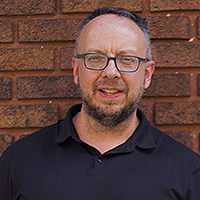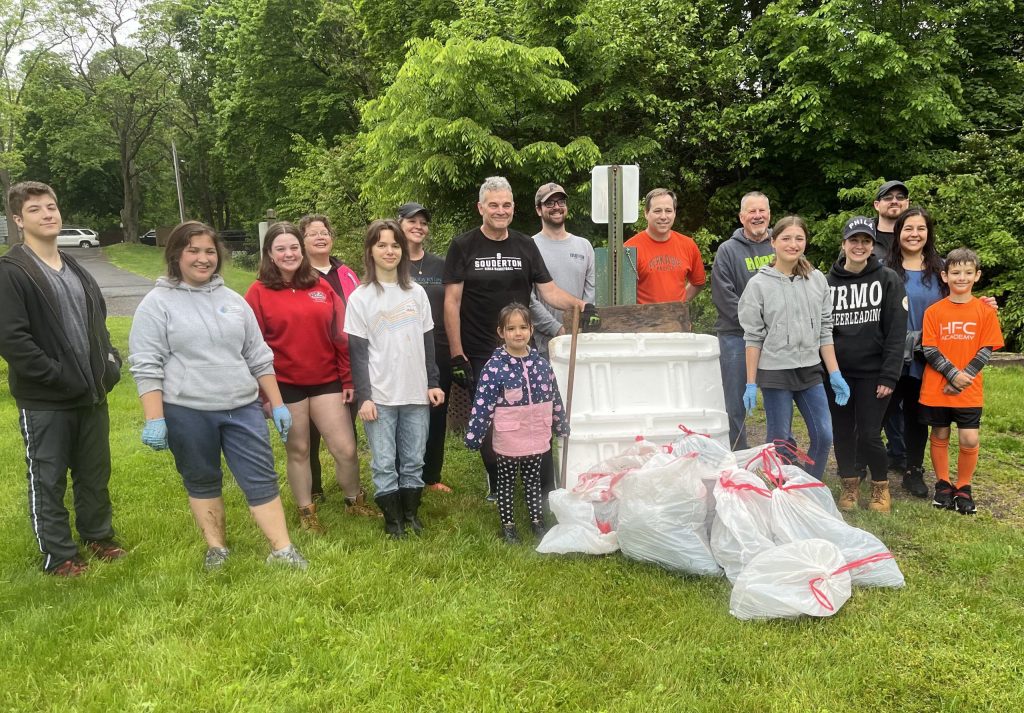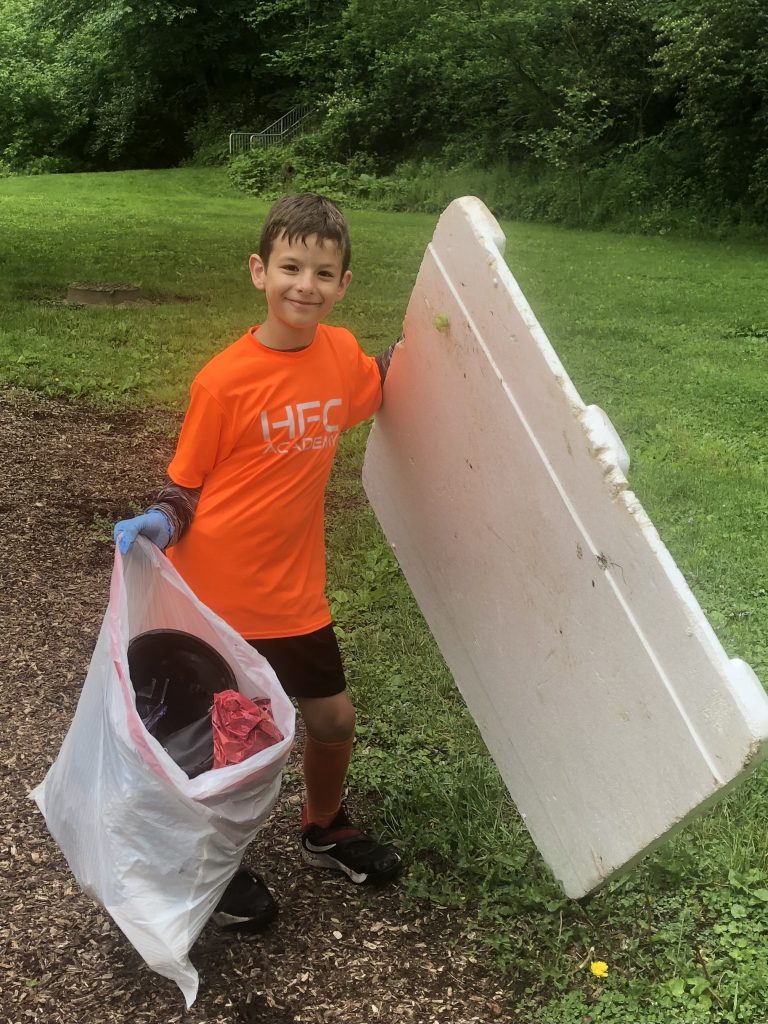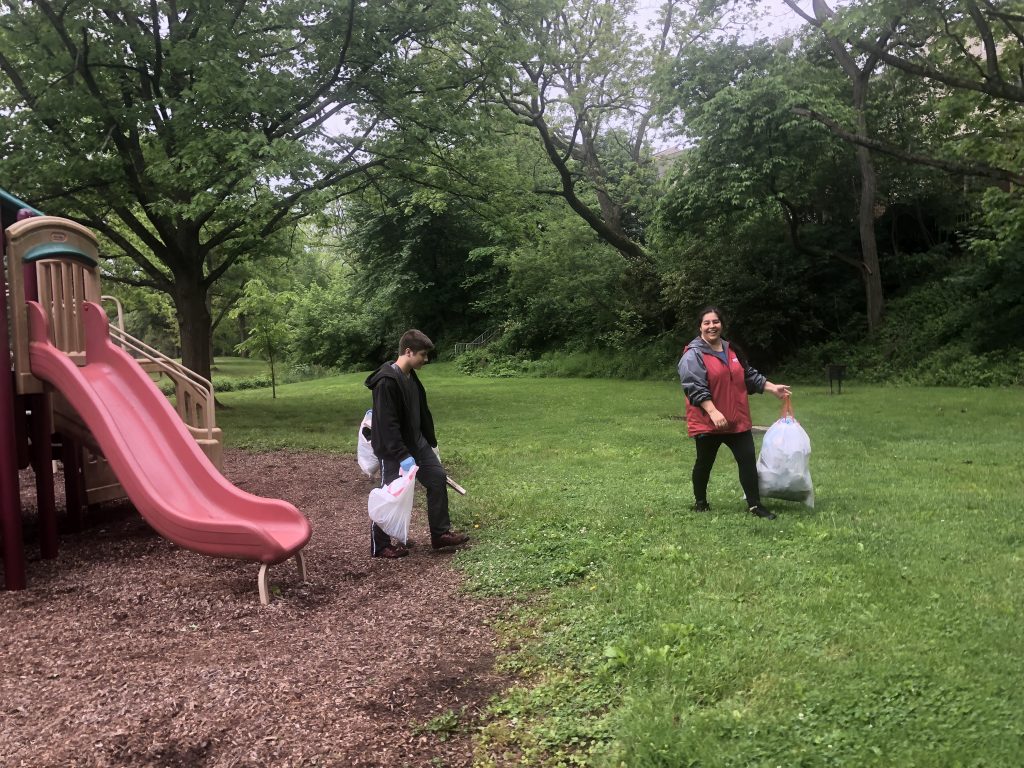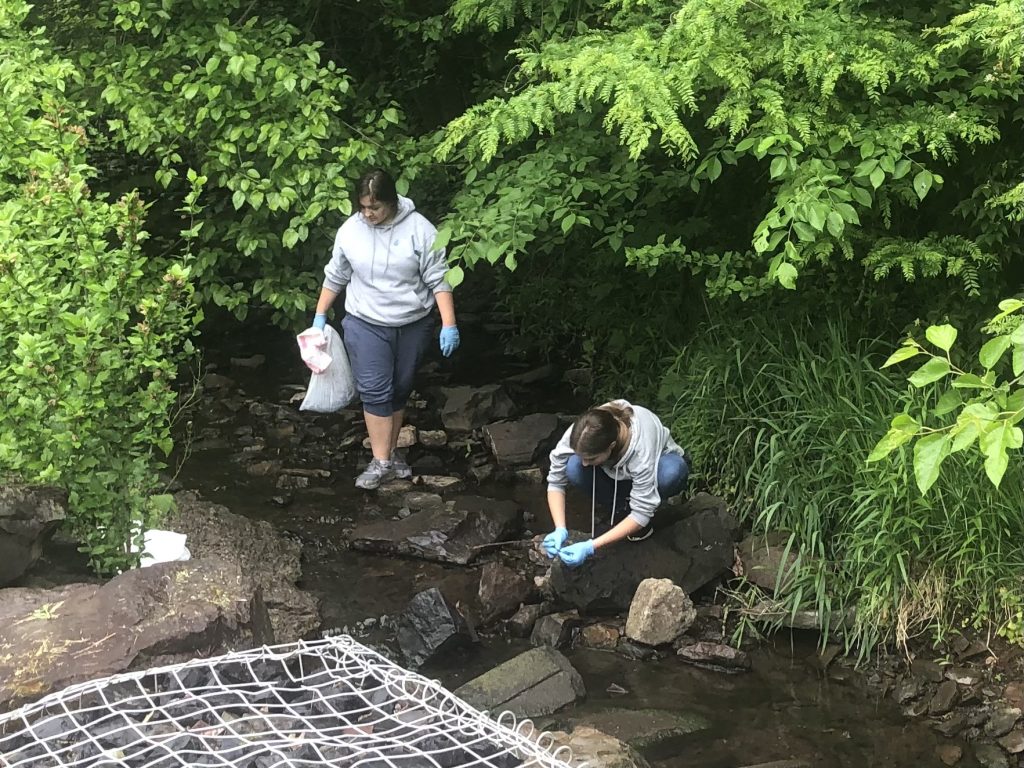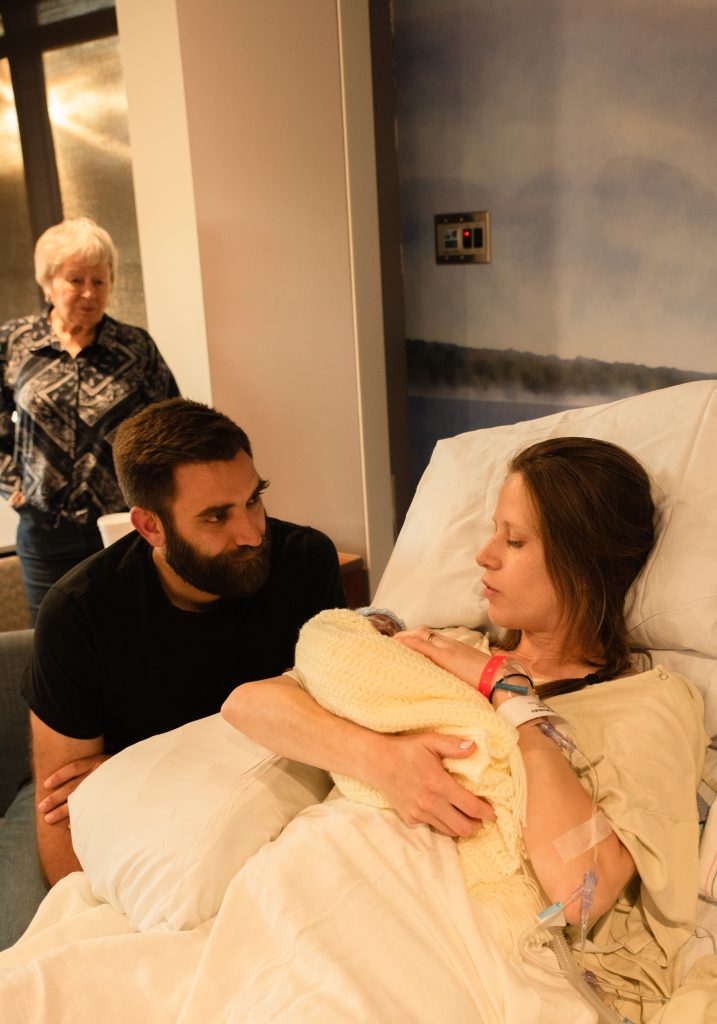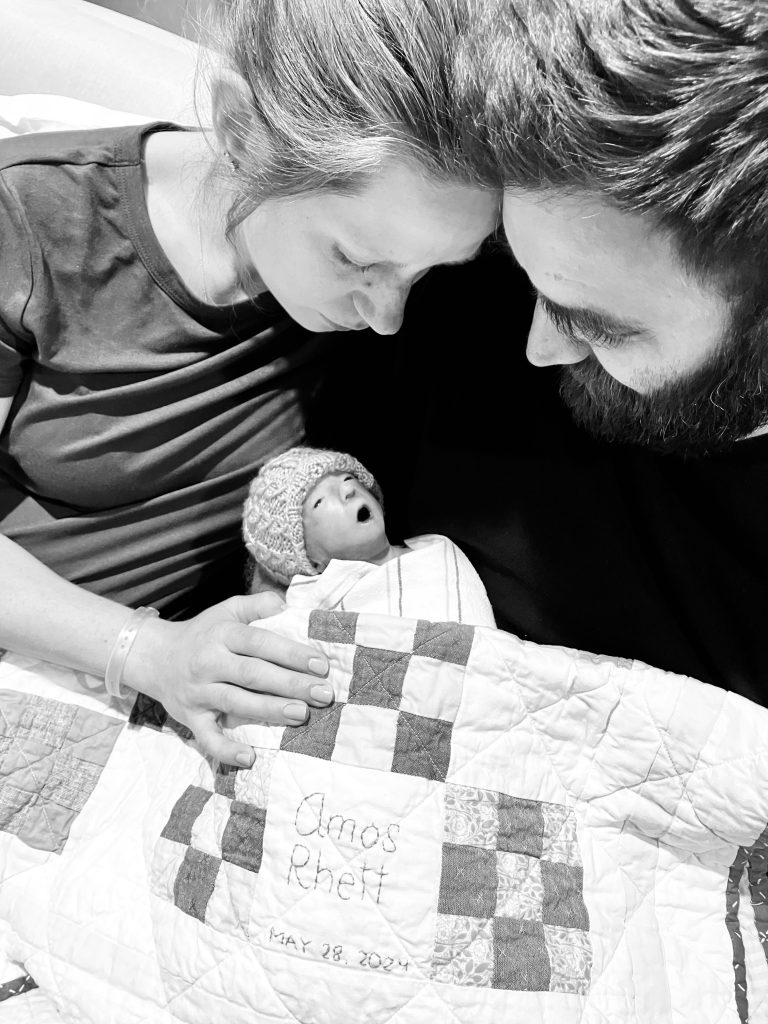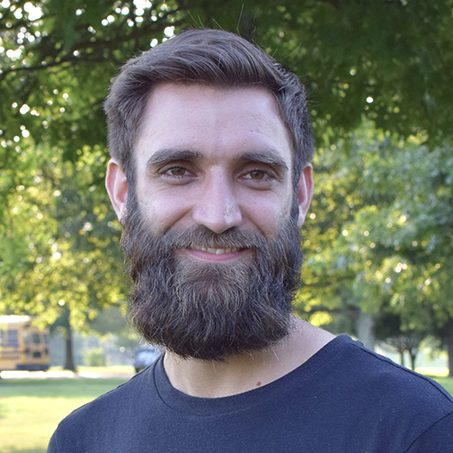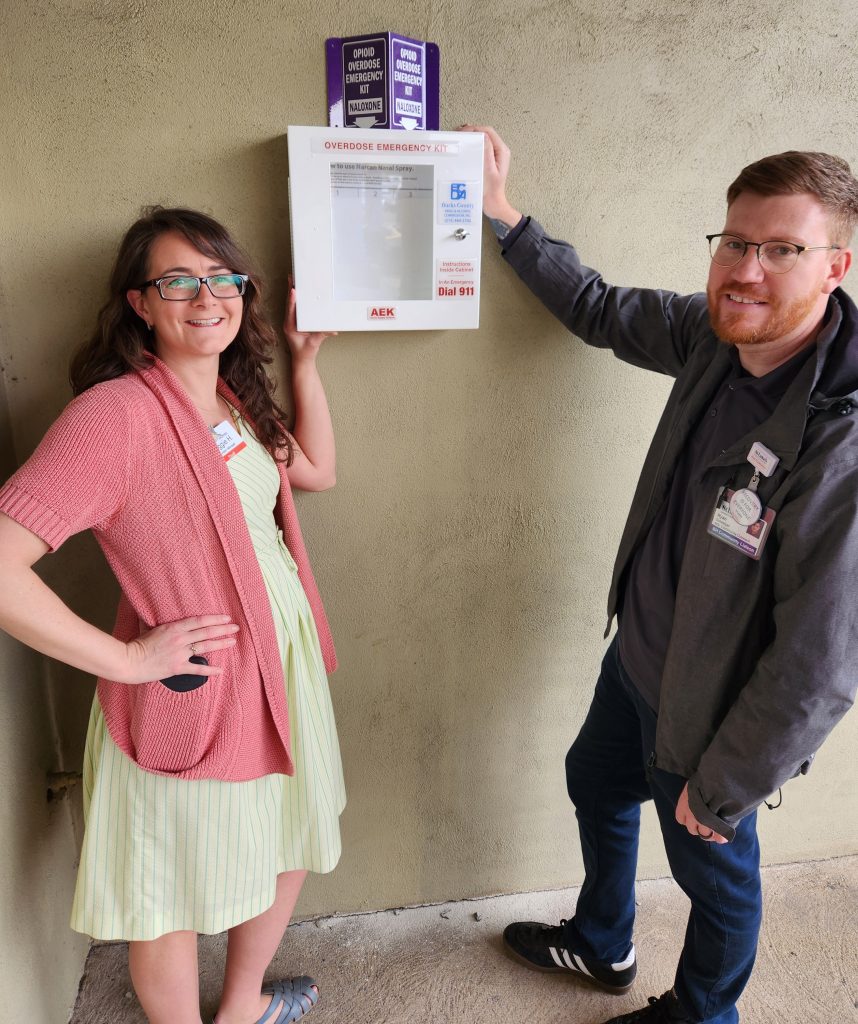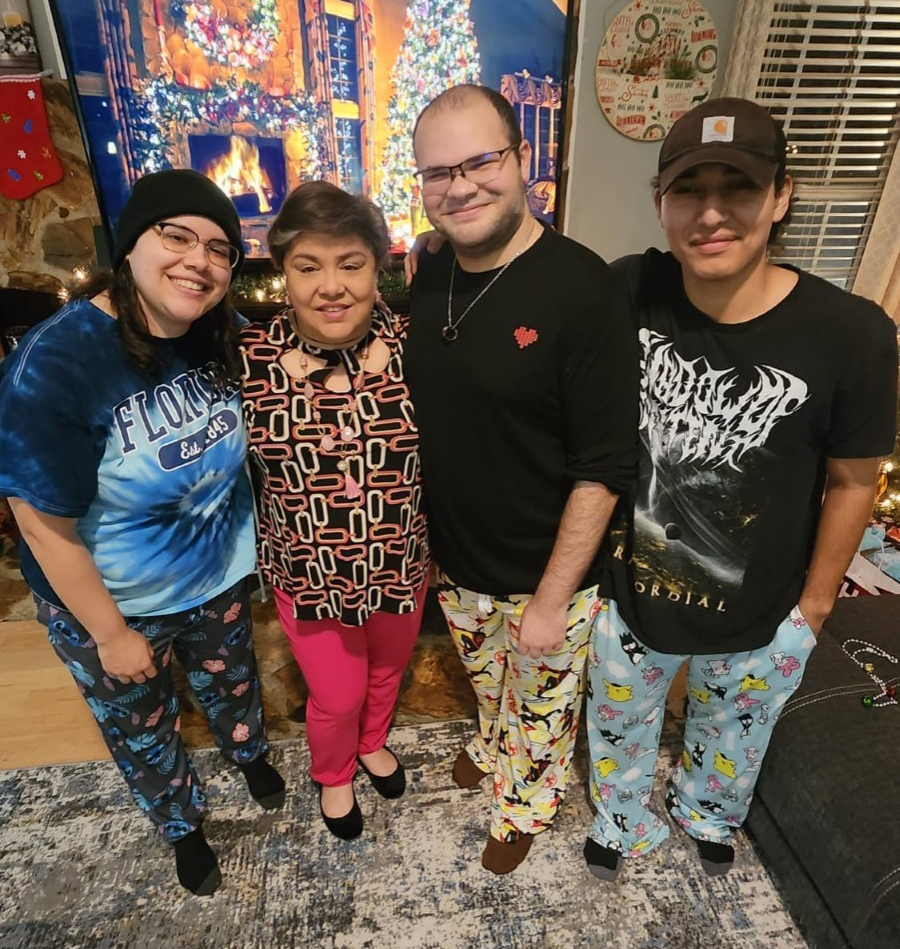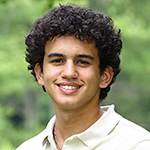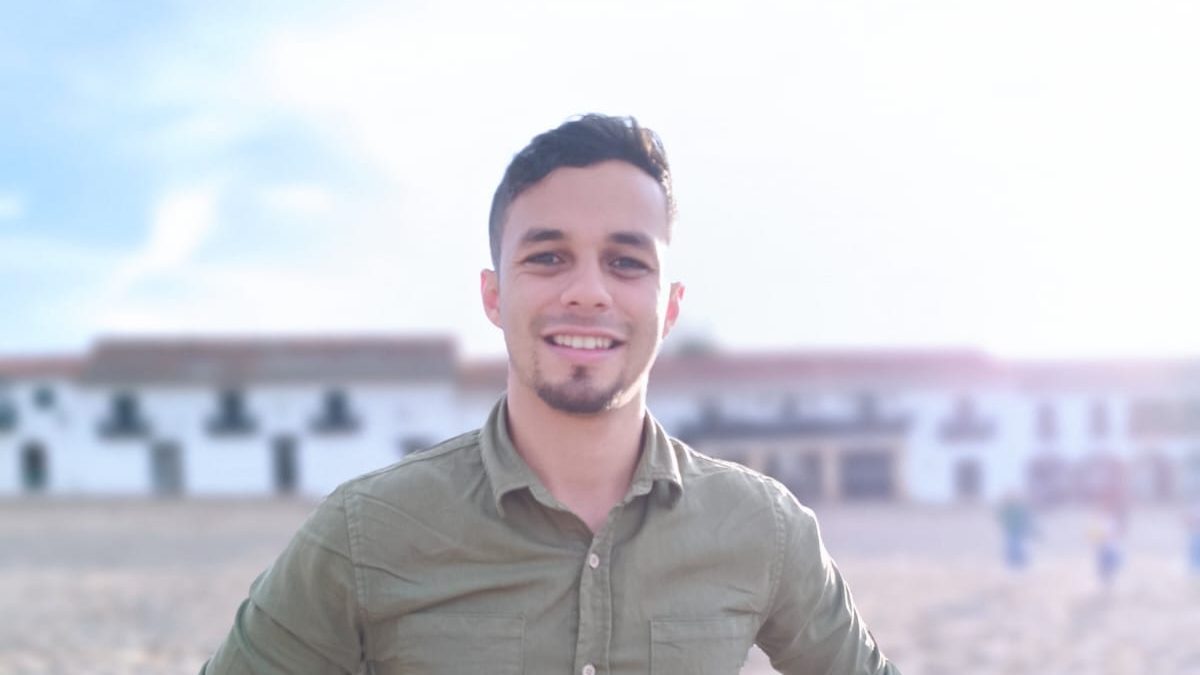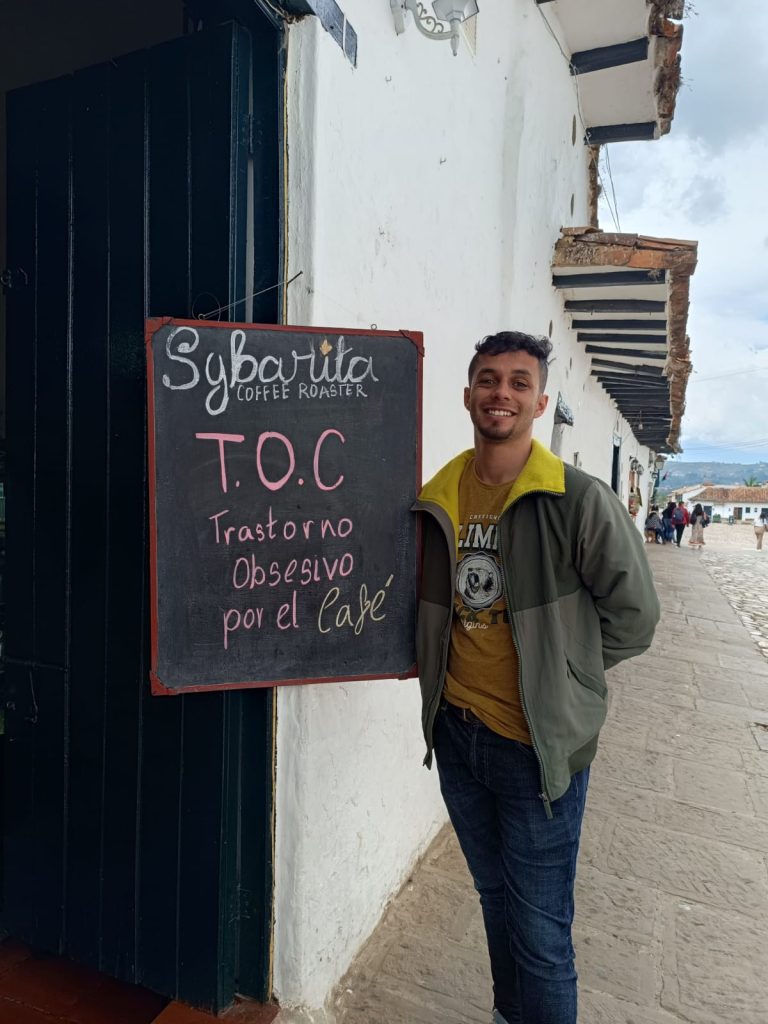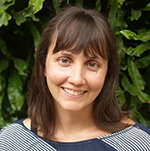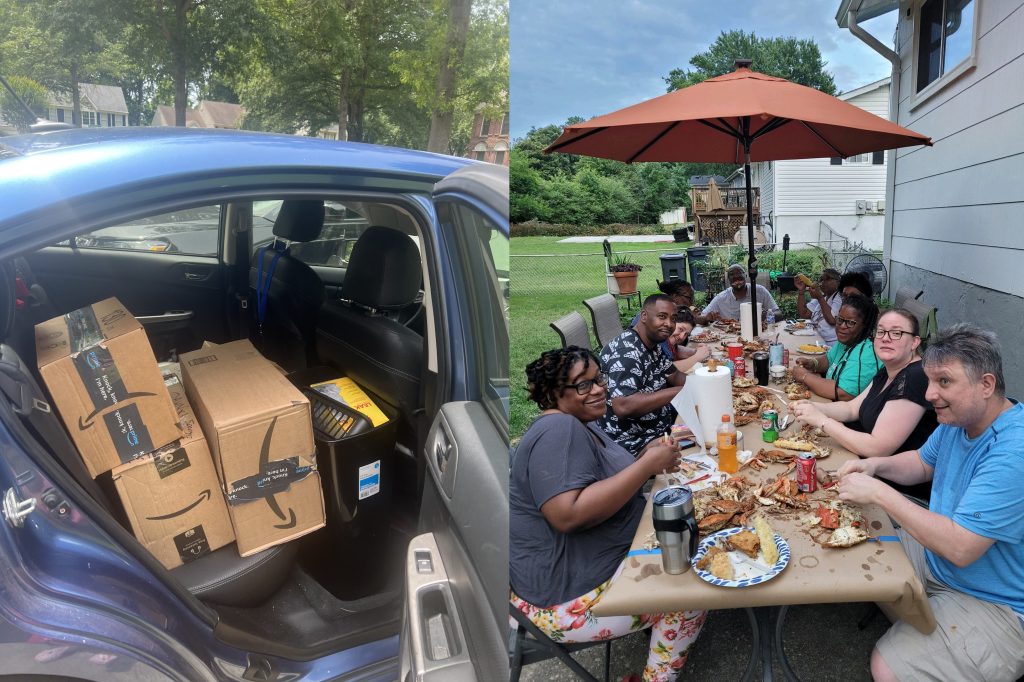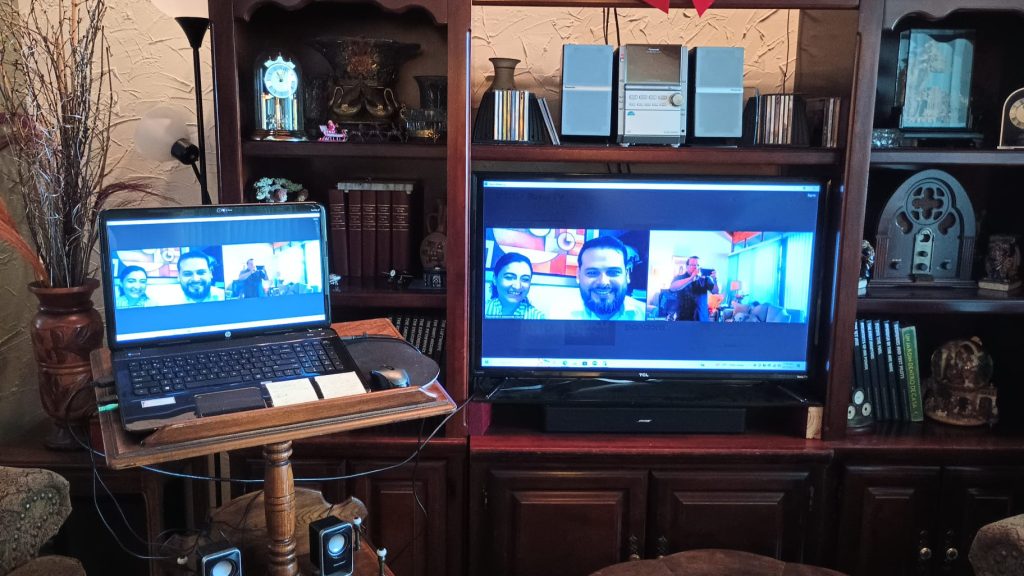by Grace Nolt
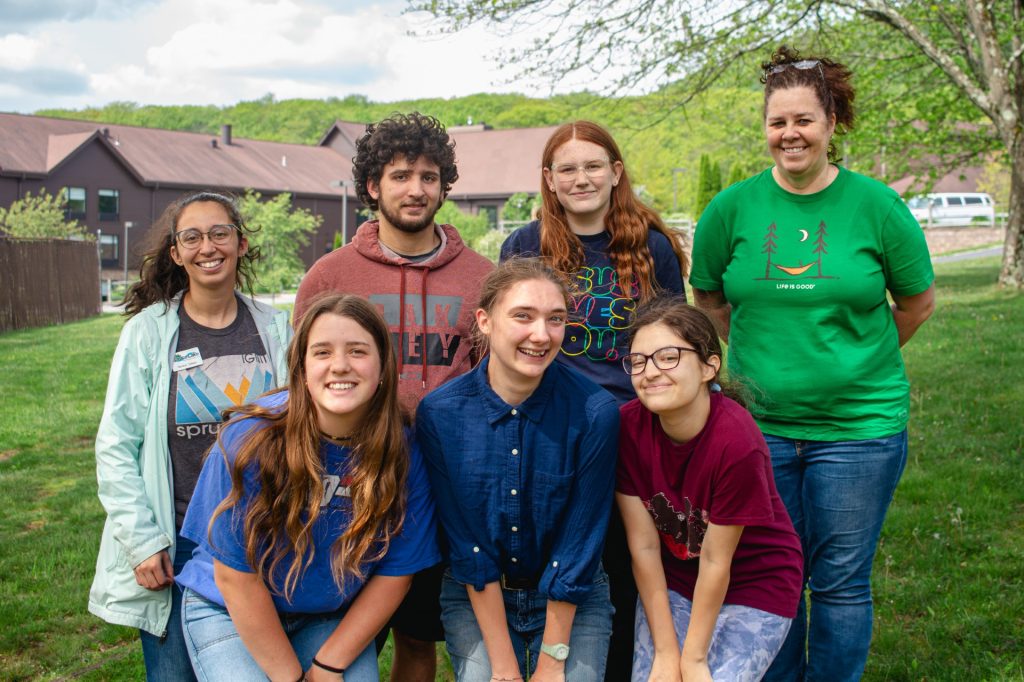
The 2023-24 Gap Year students on their last day of classes May 14, 2024, (L-R, Back): Moraya Tellado, program manager; Micky Tellado; Abby Arndt; Connie Wismer, teacher/program manager. (Front): Kathryn Hoover, Maura Heraghty, Isabella (Izzy) Morales. Photo by Bethany Evans.
Renew Gap Year is a program for young adults in its second year at Spruce Lake Ministries, a Mosaic CRM (Conference-Related Ministry). Renew combines hands-on ministry experience with classes taken through Anchor Christian University (with or without credits), plus off-site trip days that include an international trip to Costa Rica. It can be a cost-effective alternative to diving into college immediately after high school.
How can Renew benefit young adults in the Mosaic community?
Isabella Morales (otherwise known as Izzy) is one of the graduates from the 2023-2024 academic year. “I wouldn’t trade this year for anything!” she said.
“The Renew Gap Year,” Izzy continued, “is great for young people who just want to find some direction in life; it gives you great experiences with work, school and relationships, and leaves you with experience and memories that you’ll remember…and it is a whole lot of fun!”
Maura Heraghty, another graduate, agreed. Before coming to Renew, she just hadn’t realized that her interests in the mechanical and missionary fields could actually be combined to serve God. “I’m realizing that I can use all of my skills at the same time; I’m looking to be an engineer missionary now!”
Micky Tellado’s Renew experience has affirmed his goal of becoming a youth pastor one day. (Micky already has been a Spruce Lake Day Camp counselor since 2021 and a Wilderness Camp Leader-in-Training in 2020.)
Each semester, four 3-credit classes are offered for a total of eight classes and 24 optional credits, which are transferrable to select universities. Classes taught by qualified Spruce Lake Ministries staff include Dynamics of Discipleship, Apologetics, New Testament Survey, and Personal Finance.
In the New Testament Survey class, students read the entire New Testament. “This allowed me to have more knowledge of who Christ is, what he taught, and why he said some of the very challenging things he said,” Maura commented. “It was also an environment where I could discuss those things with people without being afraid they’d just brush me off.”
Throughout the year, Renew participants apply themselves through class days, work days, and trips off site — anywhere from a Broadway show in New York City to picking apples at a local orchard. They also serve with a local church or ministry, meeting twice a month with the ministry leader – another practical way to apply their skills and receive insight into the type of work in store for them. The 10-day Costa Rica trip tends to be a spiritual highlight.
“I spend a lot more time in the Bible now,” said Micky. “That happened after our Costa Rica trip where each morning we would take an hour to be completely silent and spend time in the Bible and with God.”
“My biggest transformation,” Izzy said, “has been an increase in confidence. Before, I was really anxious about (trying new things). At Renew, I learned that I can work in the office, I can do food service, I can interact with a customer, and I can grow a relationship with a bunch of people I never met before … it’s made me more willing to take risks and jump into other things in life.”
Maura knew that she wanted to be in a Christian environment but couldn’t afford college. She registered for Renew when a friend told her about the program at Spruce Lake. “Renew has affected my walk with Christ,” she said. “My mentor really pushed me to grow in spiritual areas; she would kind of give me a nudge in the right direction, then check up on me to see if I actually chose to take those steps.”
“The Renew Gap Year program,” Maura summarized, “is a place to grow and definitely be stretched — but also to find peace.”

